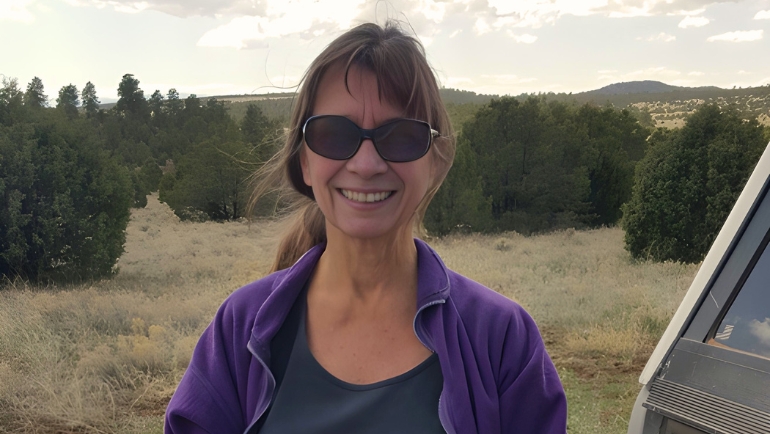Tamara Bray receives Fulbright Specialist Award to work in Ecuador
 Wayne State Anthropology Professor Tamara Bray has received a Fulbright Specialist Program award from the U.S. Department of State and the Fulbright Foreign Scholarship Board.
Wayne State Anthropology Professor Tamara Bray has received a Fulbright Specialist Program award from the U.S. Department of State and the Fulbright Foreign Scholarship Board.
This award will allow Bray to embark on a knowledge exchange project at Yachay Tech University in Ecuador. Through archaeological educational and training activities, this initiative aims to build partnerships and mutual benefit for participants, institutions, and communities in both the U.S. and Ecuador.
“For this assignment, I will work with colleagues in Urcuqui, Ecuador to help them organize and analyze their extensive collection of archaeological artifacts from the region," Bray said of the opportunity. "One of the outcomes will be the creation of a new exhibition on local archaeology for their community museum."
WSU anthropology graduate student Gabriela Lloyd Pérez will join Bray on the international trip. Her participation will not only contribute valuable support to the project but also allow her to complete her Graduate Certificate in Museum Practice.
More than 400 U.S. citizens share expertise with host institutions abroad through the Fulbright Specialist Program each year. Recipients are selected based on academic and professional achievement, demonstrated leadership in their field, and their potential to foster long-term cooperation between institutions in the U.S. and abroad.
The Fulbright Program is the flagship international educational exchange program sponsored by the U.S. government and is designed to build lasting connections between the people of the United States and the people of other countries. It is funded through an annual appropriation made by the U.S. Congress to the U.S. Department of State. Participating governments and host institutions, corporations, and foundations around the world also provide direct and indirect support to the Program, which operates in over 160 countries worldwide. Since its establishment in 1946, the Fulbright Program has allowed more than 400,000 students, scholars, teachers, artists, and scientists to study, teach and conduct research, exchange ideas, and contribute to finding solutions to shared international concerns.
For more information about the Fulbright Program or the U.S. Department of State, visit eca.state.gov/fulbright.